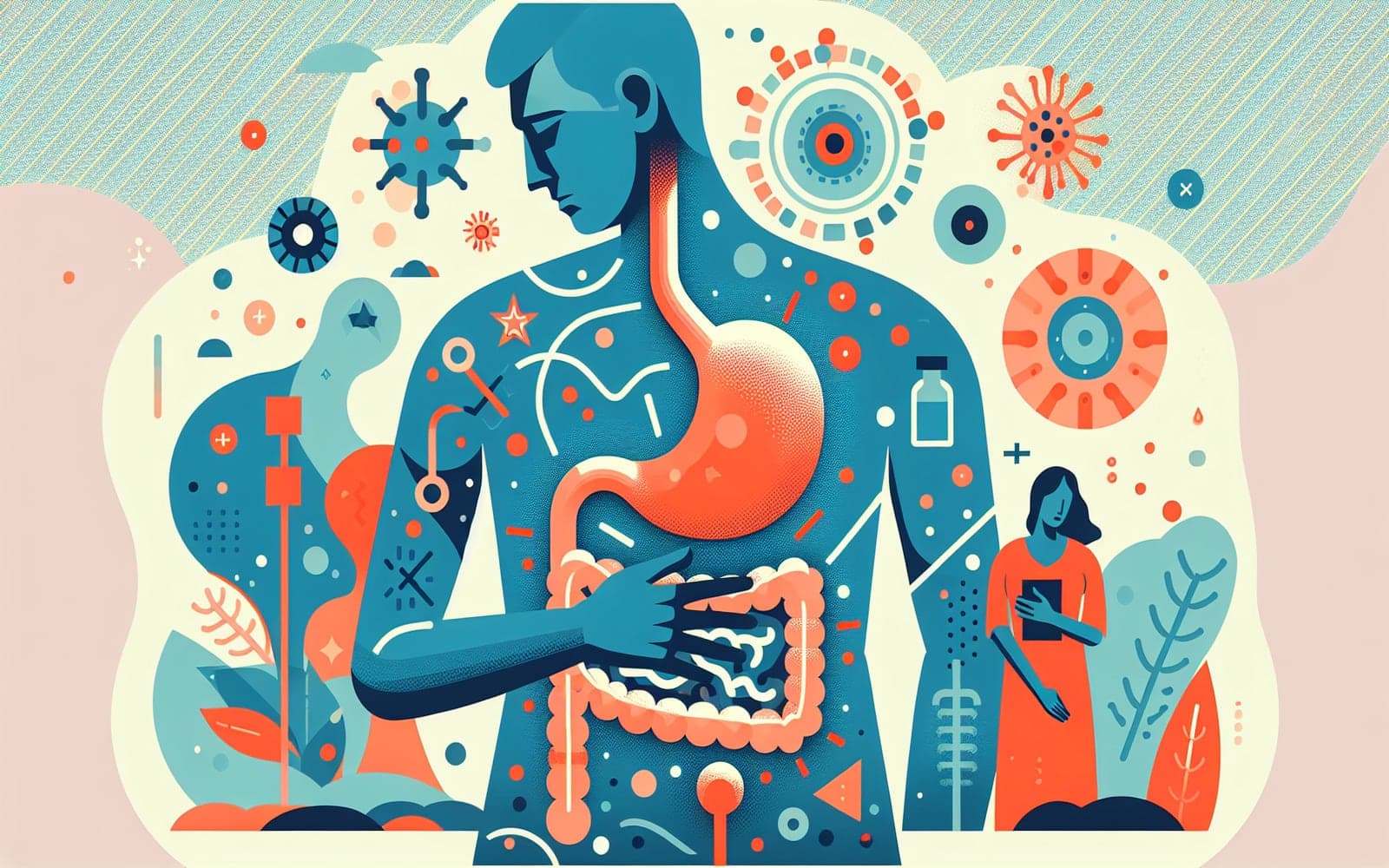How Can You Treat Dyspepsia? A Look at Effective Therapies!
How Can You Treat Dyspepsia? A Look at Effective Therapies!
Therapy Options
Treating dyspepsia involves a variety of approaches, from lifestyle changes to medications. Understanding your options can lead to better management and relief.
Contents
- Lifestyle Changes
- Medications for Relief
- Alternative Therapies
Lifestyle Changes
Simple lifestyle adjustments can significantly impact dyspepsia symptoms. This includes eating smaller meals, avoiding trigger foods like spicy or fatty foods, and reducing stress. Regular exercise and not lying down right after eating can also be beneficial.
Medications for Relief
Proton pump inhibitors (PPIs) are often prescribed to reduce stomach acid and relieve symptoms. Other options include antacids and H2 receptor antagonists. For some, tricyclic antidepressants may be recommended if symptoms persist despite initial treatments.

Alternative Therapies
In addition to medications, some people find relief through alternative therapies. Options like herbal supplements, acupuncture, or relaxation techniques can complement traditional treatments, but it's essential to consult a healthcare provider before trying these.
FAQs
What lifestyle changes help dyspepsia?
Eating smaller meals and avoiding trigger foods can help.
What medications are used for dyspepsia?
PPIs, antacids, and H2 receptor antagonists are common options.
Are alternative therapies effective?
They can complement traditional treatments but consult a doctor first.
What if medications don't work?
Tricyclic antidepressants may be prescribed if other treatments fail.
Wrapping Up
Exploring various treatment options can help you find the best relief for dyspepsia.
Additional References
- Ford AC, Moayyedi P, Black CJ, et al. Aliment Pharmacol Ther 2021; 53:8.
- Talley NJ, Lauritsen K. Gut 2002; 50 Suppl 4:iv36.
This article has been reviewed for accuracy by one of the licensed medical doctors working for Doctronic.











